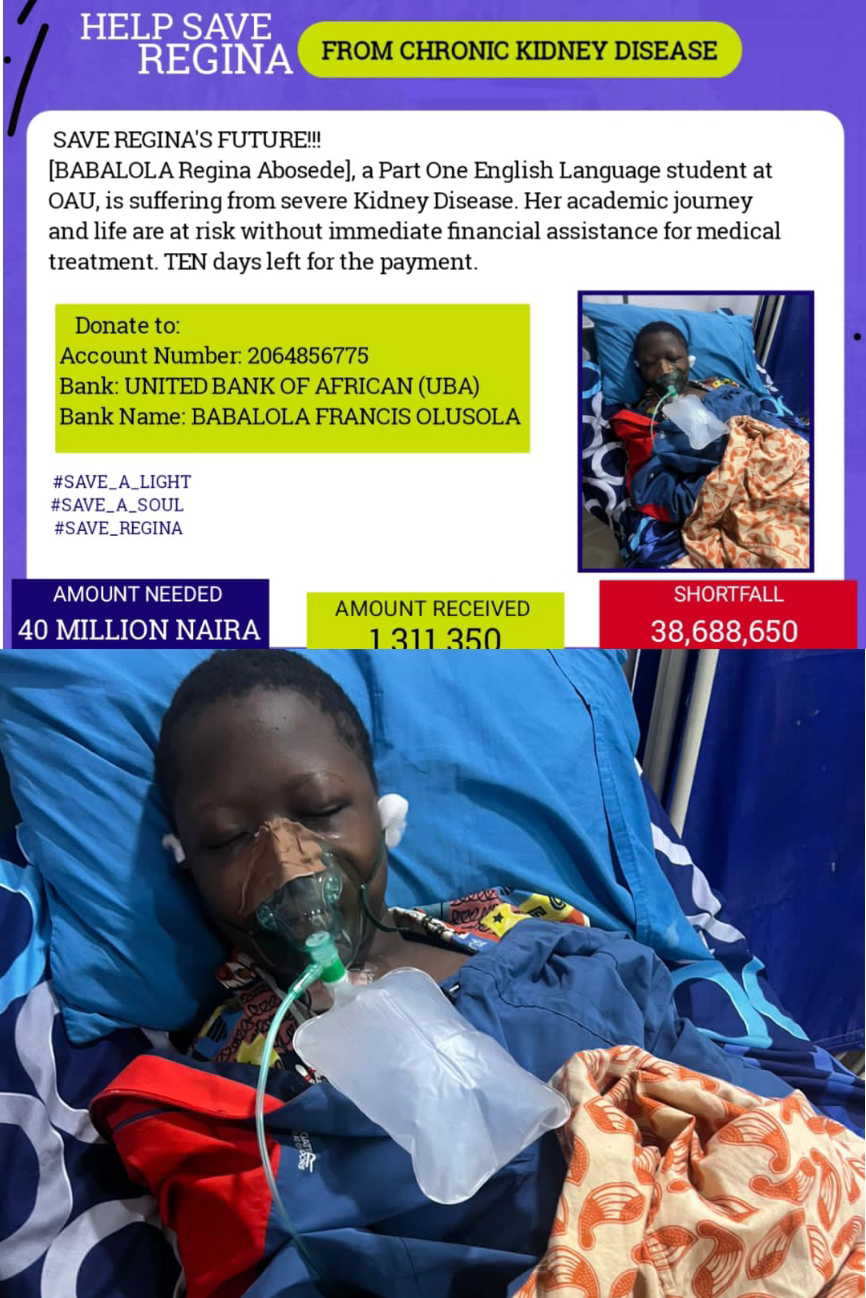ICJC2025: ACJOAU Conference Highlights the Role of Media in National Development
By Gladys Adeteju and Taiwo Oyedeji
The Association of Campus Journalists (ACJ) held its annual conference, the International Campus Journalism Conference (ICJC), today, May 3, at the BOOC, Obafemi Awolowo University, with the theme "Media for Development: The Media as a Tool for Innovation Drive and Socio-Political Economic Advancement." The event brought together student journalists, media professionals, and communication enthusiasts to deliberate on the evolving role of media in driving societal transformation.
Notable personalities in attendance included Femi Adesina, OON, Special Adviser on Media and Publicity to former President Buhari; Abimbola Abatta, Investigative Reporter at the Foundation for Investigative Journalism; Anthony Dimnwaka, OAP at 99.3 Nigeria Info and Lead Consultant at Dad Media; Osarennoma Saba, Presenter and Producer at Dominion Broadcast Group; and Afouda Samuel, Presenter at 32FM 94.9 and MD/CEO of Primus Media City.
Setting the tone for the conference was the keynote address delivered by Fẹmi Adesina, OON. He emphasized that “Media for Development” is not just a theoretical concept but a practical call to use media for the betterment of society. According to him, the media must rise above sensationalism and entertainment to embrace responsibility, innovation, and civic impact.
Building on this idea, Adesina explained that Media for Development involves the intentional use of media platforms to stimulate social and economic transformation. He stressed that any media outlet that fails to align with this objective ultimately misses its purpose. Furthermore, he highlighted that while social media plays a role, it is only a segment of the larger digital media landscape.
As the conversation deepened, participants explored the key functions of media, not only as a channel for information and education but also as a tool for shaping behaviors and influencing positive change. It was emphasized that strategic communication, when deployed effectively, can help achieve long-term development goals.
This perspective led to discussions on how different forms of media such as community radio, television, digital platforms, and mobile technology, can be harnessed to support development. These tools can reach both rural and urban audiences with timely, relevant, and empowering messages that address their unique needs.
The positive impacts of this media approach were also highlighted. These include increased public awareness, improved practices, greater community engagement, and enhanced transparency in governance. However, speakers did not shy away from raising critical questions that challenge the media industry today.
Questions such as whether the media has adequately covered all sectors of society, how proprietors influence content direction, and how financial constraints affect journalistic integrity sparked thought-provoking reflections. These issues underscored the need for constant self-evaluation and reform within the media space.
Adding depth to the discourse, Professor James Olabisi, the Staff Adviser of ACJ, addressed the audience on the importance of campus journalism. He noted that campus journalism is not only a training ground but also a discovery platform for emerging talents. He cited examples such as the Philippines, where campus journalism is regulated by law, to stress its significance globally.
He further explained that beyond grooming talents, campus journalism empowers students with a voice, fosters accountability, and connects them with professionals beyond the campus. It enables them to gather, produce, and disseminate news responsibly while exposing them to journalistic ethics.
The conversation then shifted to the technological evolution in journalism, with representatives from PressPay NG and BudgIT discussing the role of Artificial Intelligence. While AI is revolutionizing the field by enhancing data analysis, content generation, and fact-checking, it was made clear that it is not replacing journalists but rather reshaping their work. Nonetheless, caution was advised. Journalists were encouraged to verify any AI-generated information to avoid misinformation.
The final session focused on storytelling, with Anthony Dimnwaka and other panelists highlighting its power in media. He described storytelling as the heart of journalism and life itself. According to him, every aspect of media is designed to tell human stories, and journalists must use their chosen platforms to inspire meaningful change both personally and socially.
Complementing this message, Osage emphasized that storytelling must be relatable and emotionally engaging to resonate with audiences. He urged budding journalists to reject narratives that misrepresent them and to instead create authentic stories that reflect real experiences. He stressed the need to be strategic, learn continuously, and most importantly, be original.
In line with the conference’s focus on development, Tolulope Adeniran, the Chairman of the Guild Editor of ACJOAU presented certificates to the top three winners of the Adejumo Kabir Essay Contest. The theme of the contest was “Education Policy: Should Age or Academic Merit Determine University Admission?” Although all three were awarded, only the overall winner was present to receive his certificate and a fifty thousand naira (₦50,000) cash prize, presented by the President of ACJOAU.
Following this, the president also awarded plaques to the panelists in recognition of their contribution to the event. After the awards were presented, executives and attendees posed for photographs to mark the moment. The conference gradually drew to a close with closing remarks from both the President of ACJOAU, Olabode Oluwafemi and the Vice-President, Esther Olatimehin, who appreciated everyone for their active participation and commitment.




Comments
Post a Comment